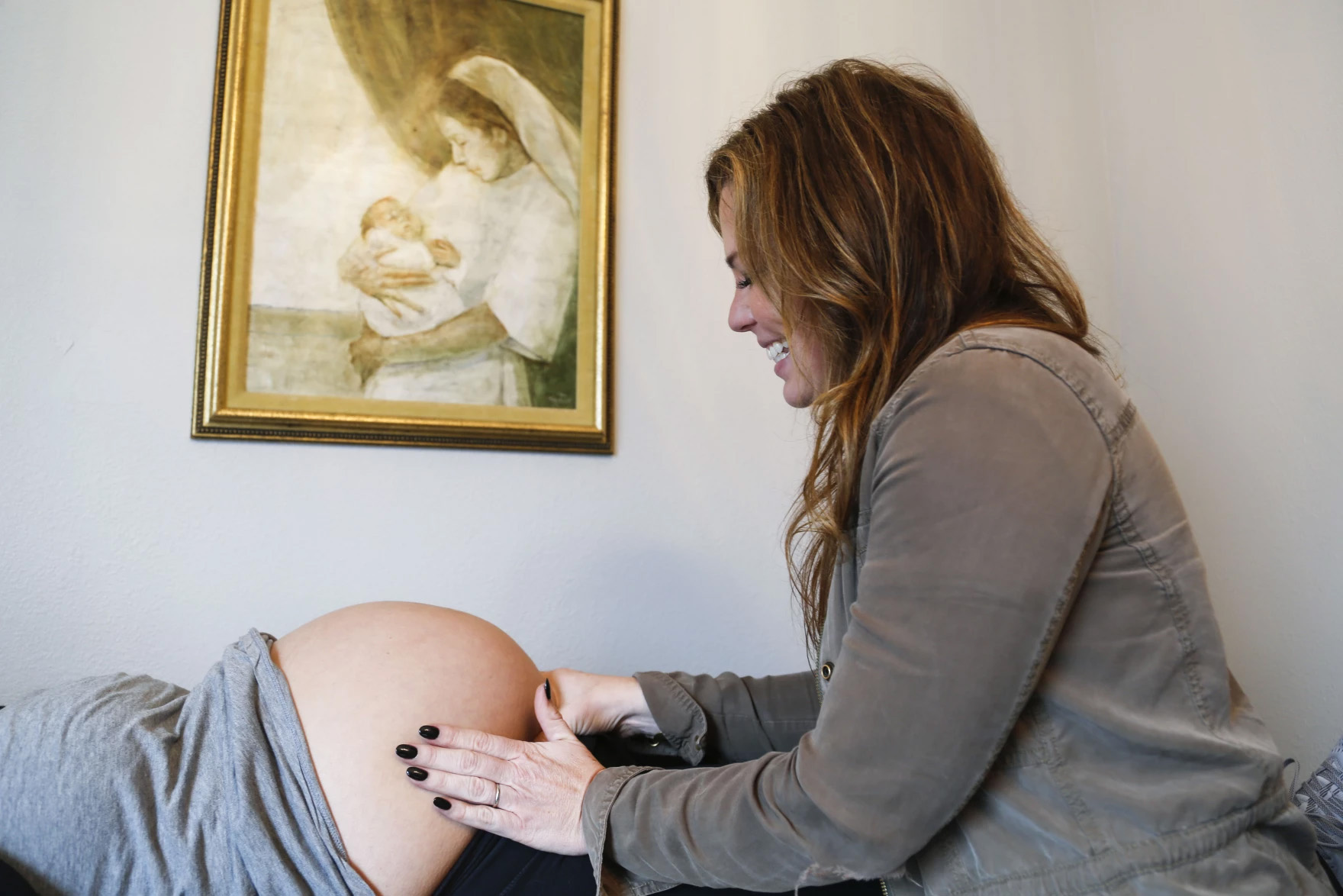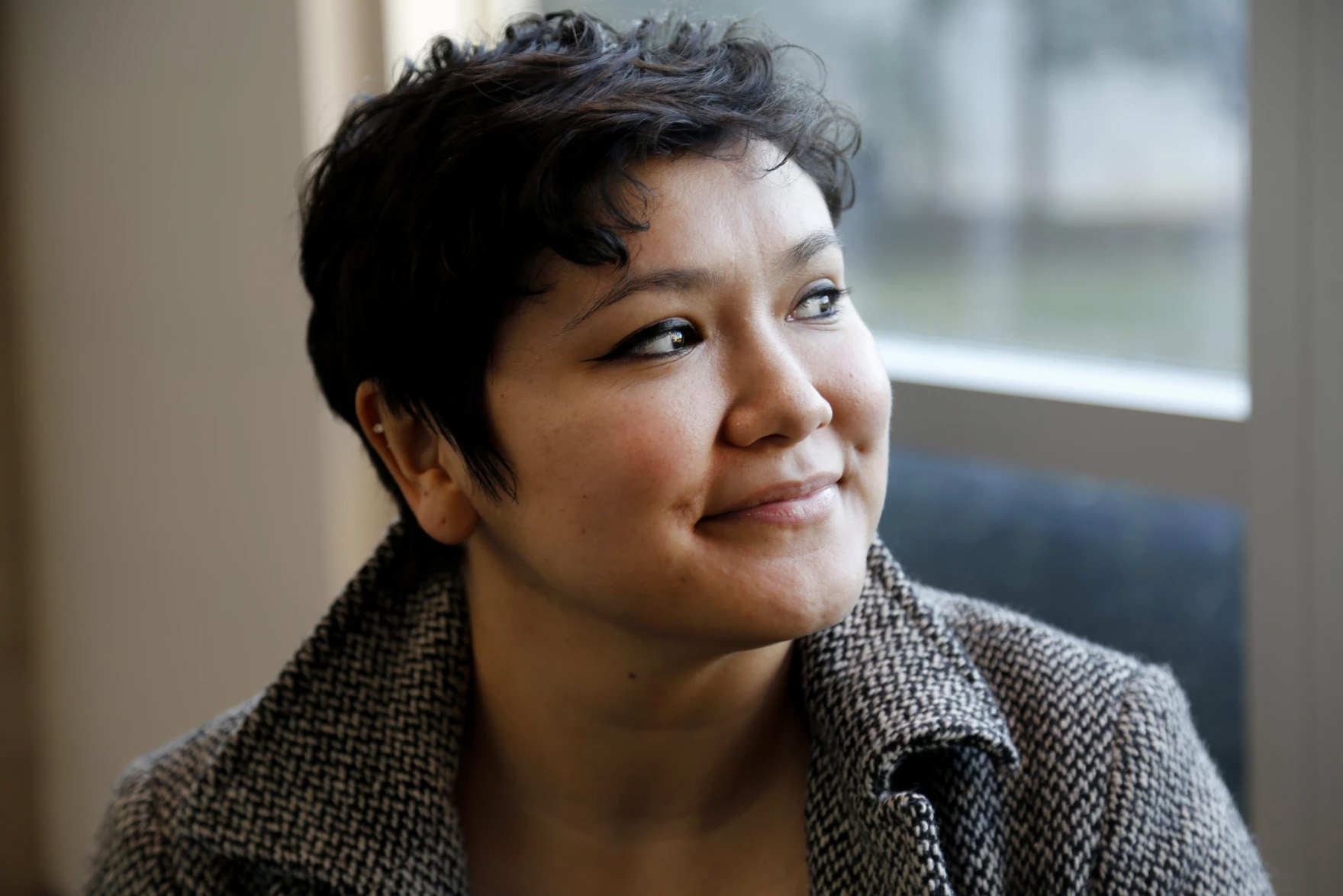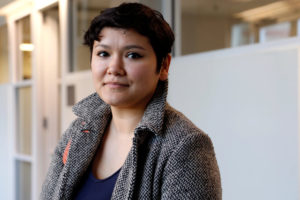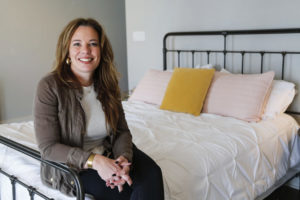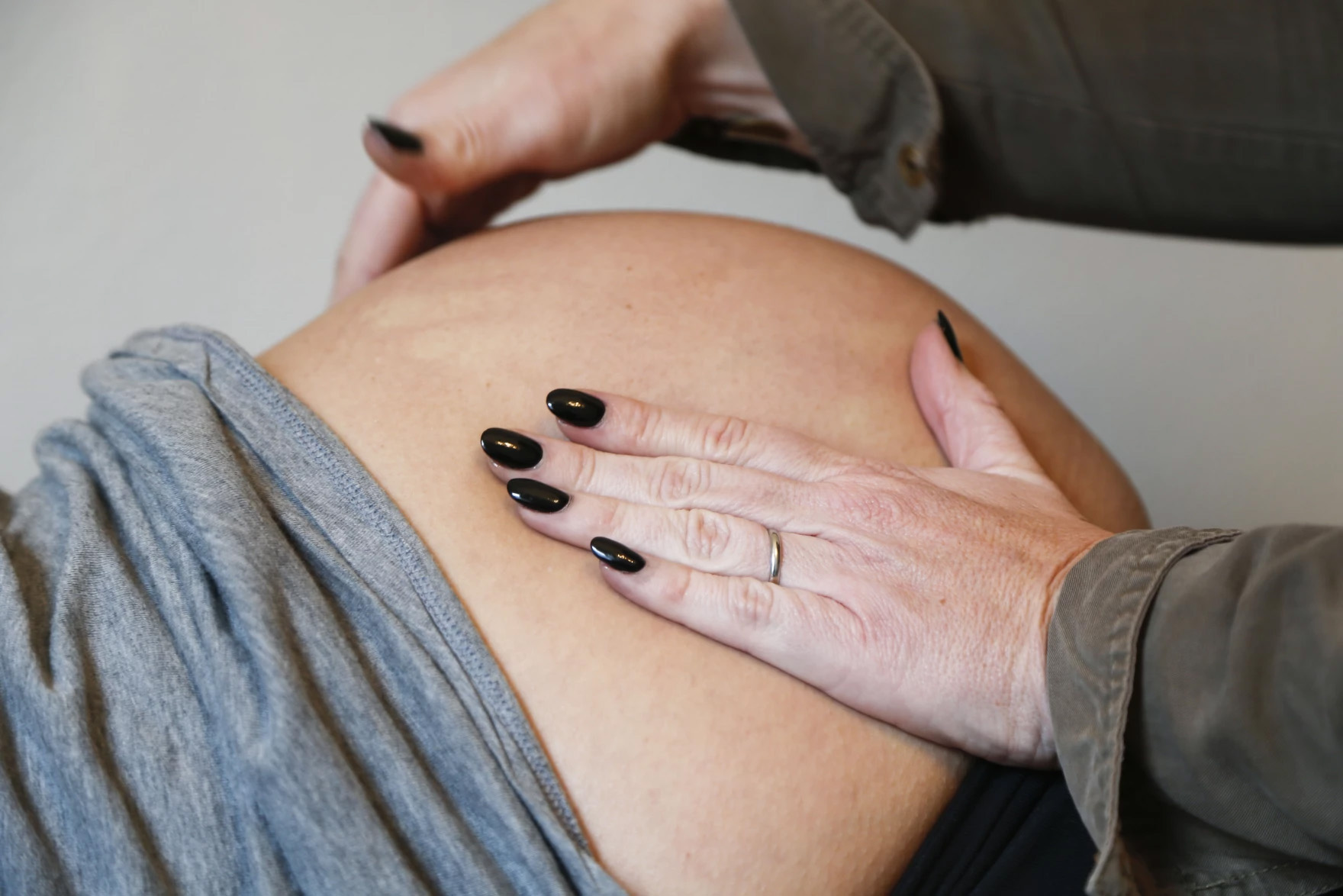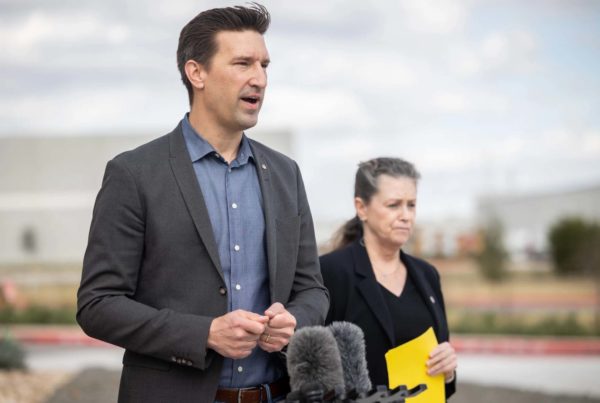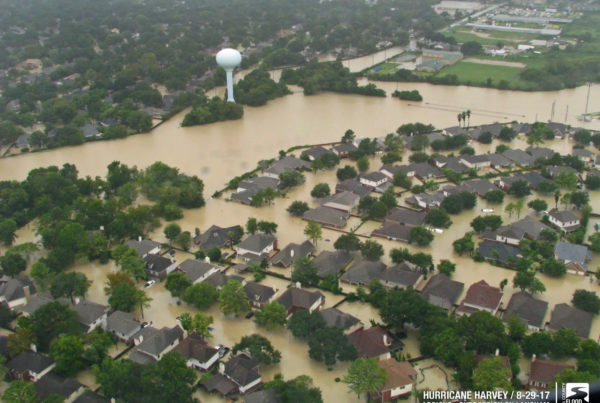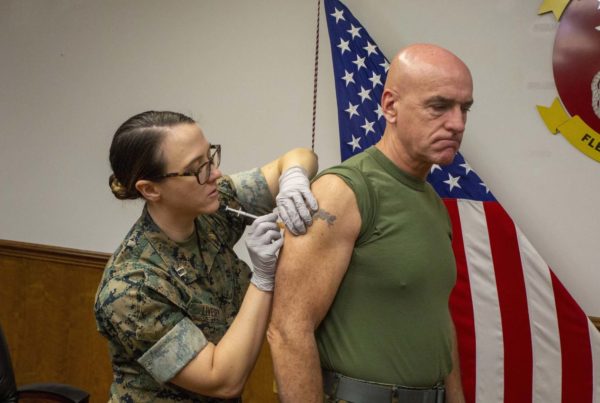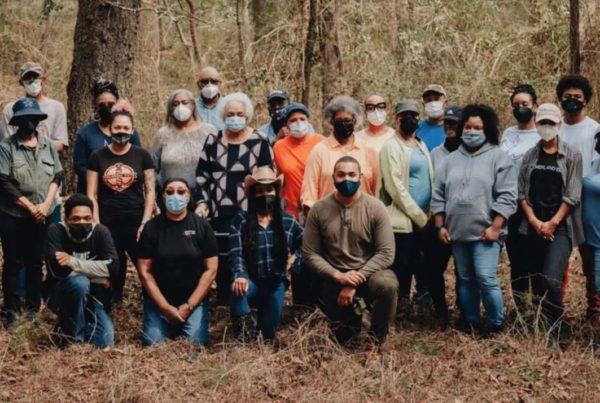From KERA:
Victoria Ferrell Ortiz remembers her first hospital experience after becoming pregnant in 2017. She had bad nausea, sometimes not being able to keep food down for days. She and her partner went to get it checked out, but something felt off.
“It was just a terrible experience laying down on the hospital bed,” Ferrell Ortiz said. “It hurt my back tremendously for some reason. It was just overall uncomfortable, uninviting, and it felt like it was a space that wasn’t meant for me.”
The Oak Cliff resident was finishing up a nonprofit placement, which offered her a small stipend but no health insurance. She applied for Medicaid when she found out she was pregnant, in June 2017. She was proud to be from predominantly Hispanic and Latine neighborhoods in West Dallas, and wanted her child to be born in Oak Cliff. But when she started looking for options, local clinics had the same uninviting feel as the hospital.
“That experience helped me realize that I wanted something different for whenever I gave birth to my child,” Ferrell Ortiz said. “And I began researching the different pathways that I had. But I had to do that research.”
She said she spent hours calling the Medicaid support hotline to understand her coverage and which hospitals and clinics would take her insurance.
“That was a really huge privilege because it took so much time just sitting there, waiting to speak to someone,” Ferrell Ortiz said. “Sometimes the representative that I would speak to wouldn’t know the answer. So, I would have to wait for follow up and hope that they actually did follow up with me.”
The whole process felt daunting, and she just wanted someone to walk her through her options in a way that felt personal.
“I wanted someone to be able to feel my humanity in a system that I felt like was trying to push down that fact,” Ferrell Ortiz said.


